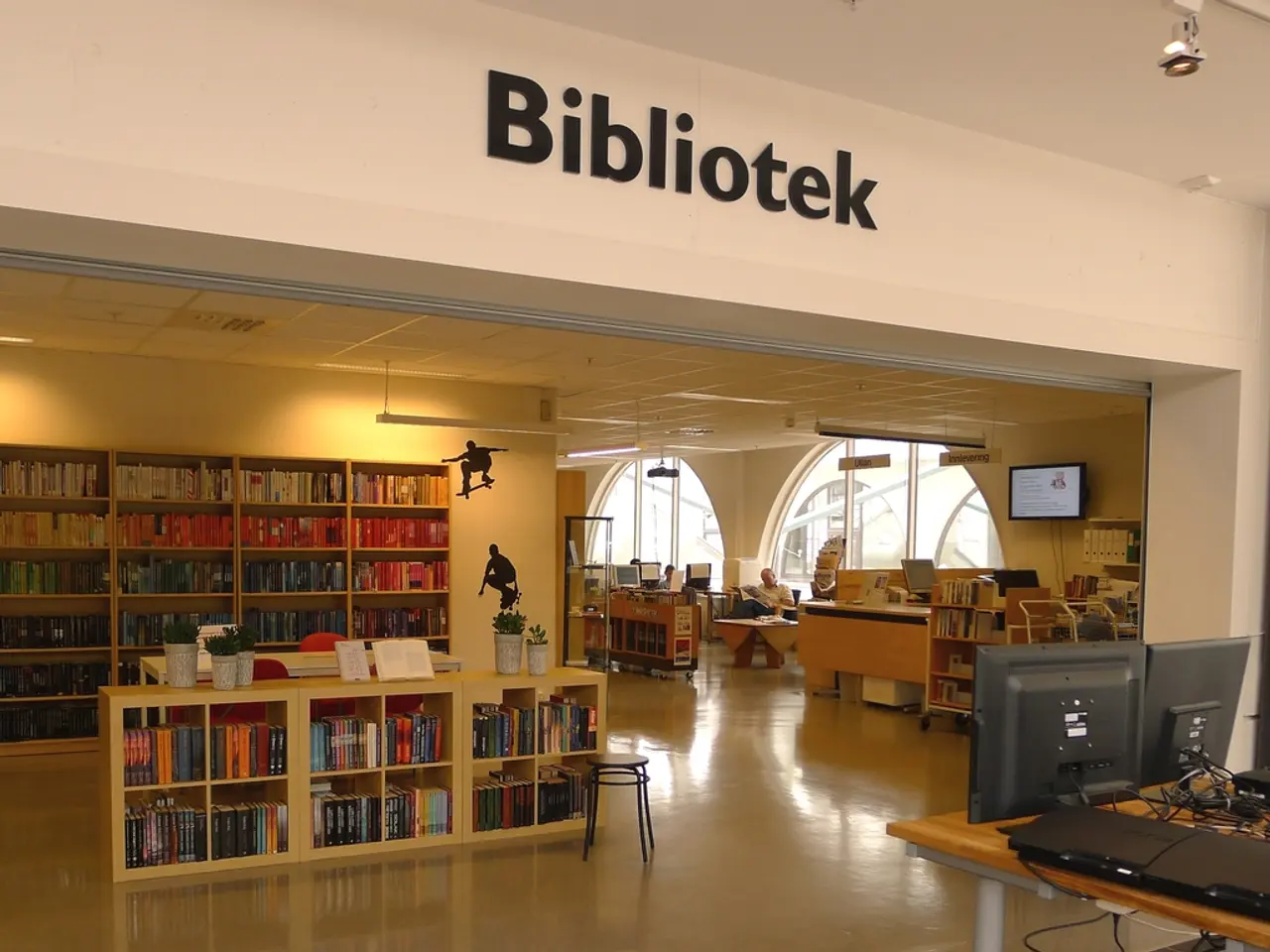Instructions on Composing Literature Reviews
In the ever-evolving world of academic research, finding the right tools to streamline your workflow is essential. Here's a roundup of some of the most effective open-source and subscription-based search engines for literature research in various disciplines.
Open-access and Free Search Engines
Semantic Scholar
Semantic Scholar, a free and open-access platform, stands out for its AI-generated paper summaries, citation graphs visualizing research connections, topic filtering, and author/publication tracking. It primarily focuses on academic and peer-reviewed literature across many fields, making it an excellent choice for identifying influential research and exploring citation networks. However, it may lack the advanced filtering options found in some subscription services and its coverage is primarily limited to academic sources rather than broader grey literature.
Google Scholar
Google Scholar, a well-known free search engine, broadly searches scholarly literature in a variety of formats and disciplines. It's highly accessible worldwide with no subscription fees, making it a popular choice for researchers. However, it lacks advanced AI features like summarization or contextual citation analysis.
Subscription-based Search Engines
Zendy
Zendy, a subscription-based platform with affordable individual access, offers a unique combination of a large collection of both open-access and paywalled academic papers, along with AI tools like a research assistant (ZAIA), AI summarization, key-phrase highlighting, and reading list organization. It provides cross-disciplinary coverage across medicine, engineering, social sciences, and humanities, making it a strong choice for multi-disciplinary users needing both coverage and smart tools.
Scite
Scite, another subscription-based platform, focuses on citation context and classification (supporting, contrasting, or mentioning) to deepen literature understanding. It allows detailed filtering by author, journal, and retracted papers, searching more than 214 million papers. Scite is particularly useful for verifying the credibility of cited research and identifying influential publications.
Additional Tools
Other platforms worth mentioning include Litmaps, ResearchPal, Sourcely, Consensus, R Discovery, and Scinapse.io. These platforms offer various AI-assisted literature review functionalities, but Zendy and Semantic Scholar stand out for their coverage and AI capabilities.
In conclusion, researchers should select their tools based on their need for AI assistance, access to paywalled content, and depth of citation analysis. Whether you opt for the free and open-access Semantic Scholar or the subscription-based Zendy, each platform offers unique features tailored to different research needs.
[1] Semantic Scholar [2] Google Scholar [3] Zendy [4] Scite [5] Litmaps
- Engaging in software-assisted academic research, Semantic Scholar offers AI-generated paper summaries, visualizing research connections, and topic filtering, catering to a diverse range of disciplines.
- For broad-based literature search, Google Scholar serves as a free and accessible tool, scouring scholarly sources across various formats and disciplines, though it lacks advanced AI features.
- In terms of technology that combines access to academic papers and AI tools, Zendy, a subscription-based platform, stands out with its research assistant, AI summarization, and cross-disciplinary coverage.




